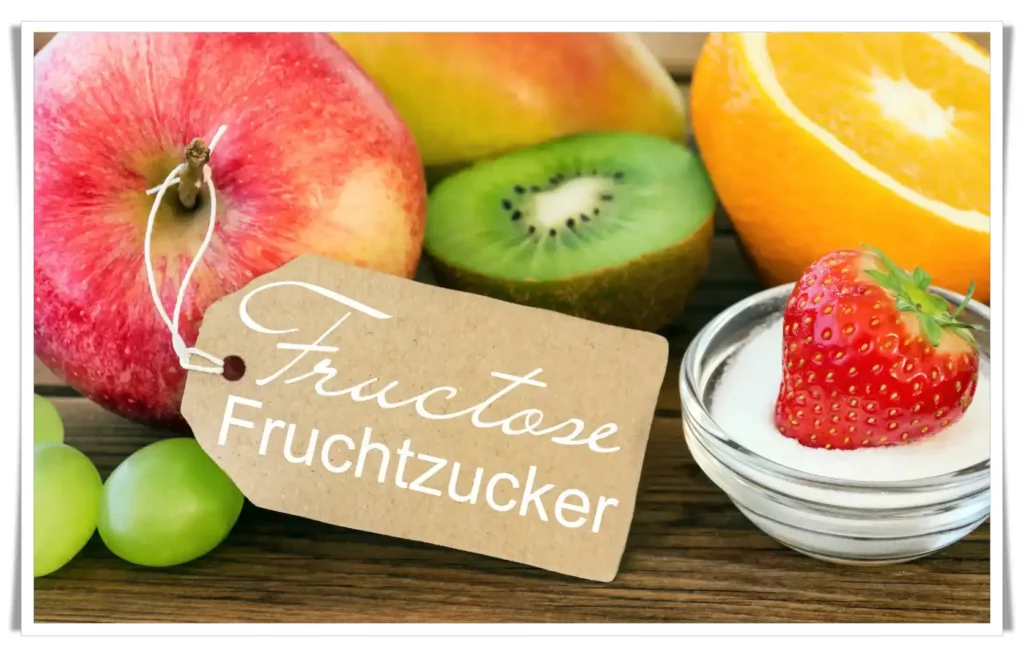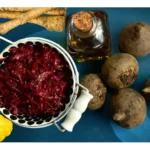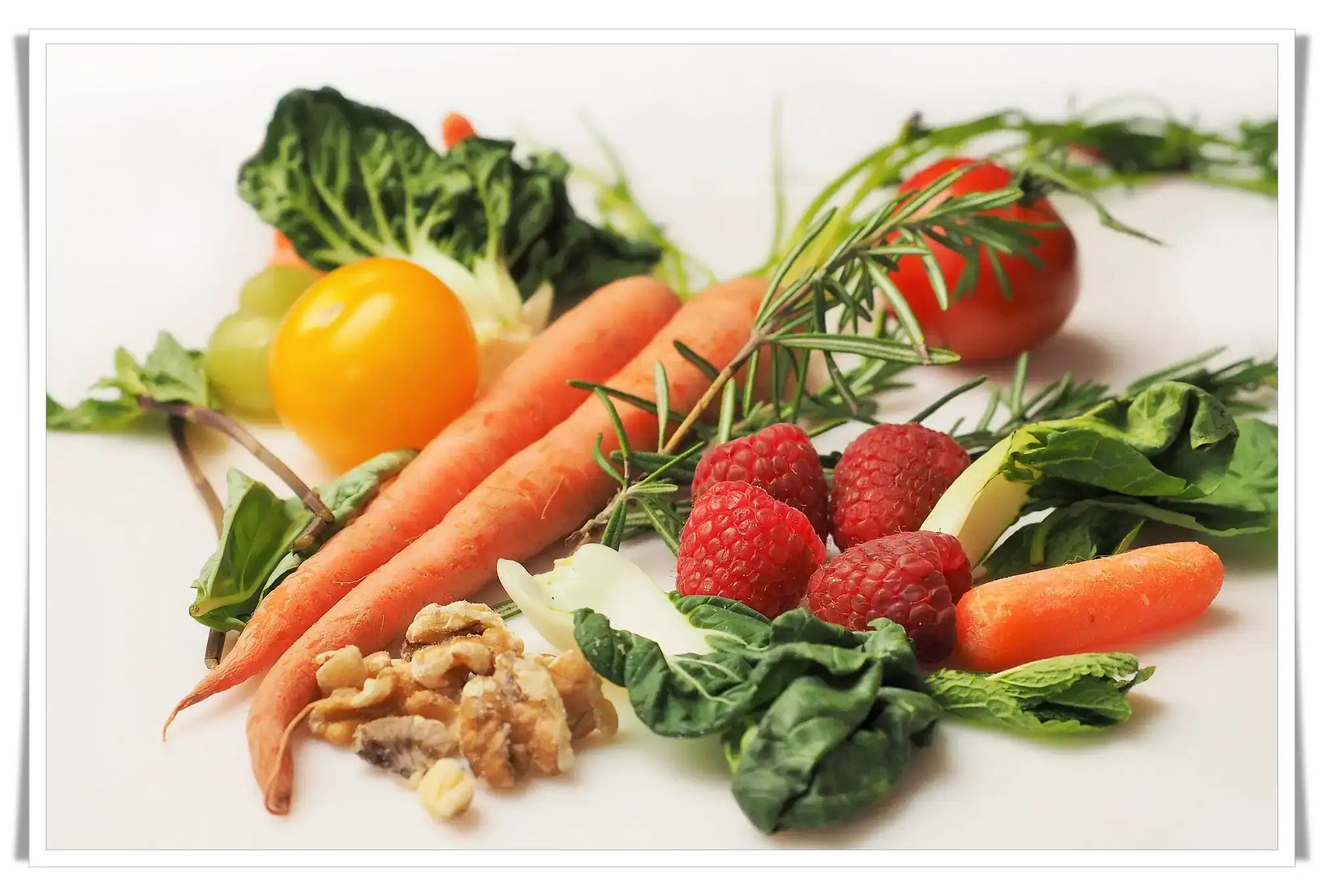In our quest for optimal health, we are constantly met with a crucial question – are sugar and fructose friends or foes to our well-being? This exploration aims to shed light on the roles these components play in our daily nutrition and overall health.
Empower Your Health Journey – Explore My Free Apps for a Vibrant, Healthier Lifestyle Today!
Introduction
Sugar and fructose are key players in the foods we consume. They exist in our favorite beverages, delectable desserts, and even seemingly innocent fruits and vegetables. But what are their effects on our bodies, and how do we ensure we are not crossing the threshold of healthy intake? Let's delve into this sugar-coated mystery.
Sugar and Fructose
Understanding Sugar and Fructose: The Basic Chemistry and Their Role in Our Diet
Sugar, in its most basic form, refers to sweet, soluble carbohydrates that are used in food. It is a broad term encompassing numerous types of sugars, each with unique characteristics and effects on our bodies. In essence, sugar is a source of energy. When we consume sugar, our body breaks it down into glucose, which is used by our cells for energy.
A key player in the world of sugars is fructose. Fructose is a specific type of sugar that naturally occurs in certain foods. Fruits, honey, and some vegetables are rich in fructose. It's also a component of high-fructose corn syrup, a sweetener commonly used in sodas and many processed foods.
Fructose has a unique metabolic pathway compared to other sugars. It is primarily processed in the liver. Unlike glucose, which can be metabolized throughout the body, fructose metabolism occurs primarily in the liver. This difference in metabolism has important implications for our health and well-being.
Now, why do our bodies need sugar and fructose? They are integral in providing energy for various bodily functions. When you think, move, or even breathe, you're using energy, and that energy primarily comes from glucose. Our brain, muscles, and other organs rely on glucose to function optimally. Fructose, too, contributes to our energy stores, though its digestion and absorption process is slightly different.
However, while sugar and fructose have crucial roles in our body's energy mechanics, their consumption requires careful regulation. Overconsumption of these sweet carbohydrates can lead to health complications like obesity, diabetes, and cardiovascular diseases. This is particularly the case with modern diets that are often high in added sugars, which are different from the natural sugars found in fruits and vegetables. Consuming large amounts of added sugars can have a detrimental impact on our health, contributing to a range of chronic conditions and diseases.

In the world of nutrition, sugar, and fructose are both friends and foes. They are friends because they fuel our bodies and keep our cells functioning. But they can also be foes when consumed in excessive quantities, leading to various health complications. Understanding the balance and managing our intake of sugar and fructose is a vital part of maintaining a healthy lifestyle.
A Closer Look at Fructose: Metabolism, Impact on Health, and Consumption Guidelines
Fructose stands unique among sugars due to its metabolic pathway. Unlike glucose, which is metabolized throughout the body, fructose is processed primarily in the liver. This distinctive characteristic of fructose metabolism stems from the way our bodies have evolved to handle it.
In ancient times, our ancestors had limited access to sources of fructose, which naturally occur in fruits and honey. Thus, our bodies have developed to efficiently metabolize fructose in the liver to ensure we derive maximum energy from it. This was beneficial in the past when fructose was a rare treat, but in today's food environment, where fructose is abundant, this efficient metabolism can become problematic.
When we consume moderate amounts of fructose, say by eating a piece of fruit, it's entirely harmless. The fructose is converted into glucose, glycogen, lactate, and carbon dioxide in the liver. However, when we consume fructose in large amounts, particularly in the form of high-fructose corn syrup in sweetened beverages and processed foods, it can lead to an overload in the liver.
Sugar and Fructose
Excessive intake of fructose can cause the liver to turn fructose into fat through a process called lipogenesis. Over time, this can lead to non-alcoholic fatty liver disease, a condition characterized by excessive fat build-up in the liver. This disease is a serious concern because it can progress to more severe liver conditions, such as cirrhosis and liver cancer. Additionally, this process of converting fructose to fat can contribute to other health problems, including elevated blood triglycerides, cholesterol imbalances, and insulin resistance, a precursor to type 2 diabetes.
In addition to these direct impacts on liver health and metabolic functions, high fructose consumption can also influence our eating behaviors. Fructose can trick our brain's satiety signals, leading us to consume more calories than necessary. This is because fructose does not stimulate insulin secretion, a hormone that plays a key role in signaling the brain about satiety. As a result, our brain might not register that we're full, potentially leading to overeating and weight gain.
The key to avoiding these health problems lies in controlling fructose intake. Natural sources of fructose, like fruits and vegetables, come packed with fiber, vitamins, and other nutrients that moderate the absorption of fructose, making them a healthy choice. On the other hand, we should limit our intake of added sugars, especially high-fructose corn syrup found in many processed foods and drinks.
Sugar, Fructose, and Health: A Scientific Perspective
A study titled "The Relationship between Dietary Sugars and Health Outcomes" details the potential risks and benefits associated with sugar and fructose consumption. The 300-word summary of this enlightening research is provided in the next section.
The Relationship between Dietary Sugars and Health Outcomes: A Summary
This study explores the consumption of different types of sugar and their effects on health outcomes. According to the research, consuming large quantities of sugar can lead to obesity, type 2 diabetes, heart disease, and even some types of cancer. It stresses the importance of maintaining a balanced diet and regular exercise to manage sugar intake and mitigate its potential harm.

It also makes a crucial distinction between natural sugars, like those found in fruits and vegetables, and added sugars. Natural sugars come with fiber, water, and various beneficial compounds, whereas added sugars are often found in processed foods that are high in energy but low in nutrient density.
Striking a Balance: Managing Sugar and Fructose Intake
Sugar is everywhere. Hence, careful examination of food labels is the first step towards controlling daily sugar consumption. Here are four valuable resources that can aid in your understanding and management of sugar and fructose:
- American Heart Association - Sugar 101
- Mayo Clinic - Added sugars: Don't get sabotaged by sweeteners
- CDC - Know Your Limit for Added Sugars
- Harvard Health - The sweet danger of sugar
FAQs
1. What's the difference between sugar and fructose? Sugar refers to all sweet, soluble carbohydrates, while fructose is a specific type of sugar found in fruits, honey, and certain vegetables.
2. Is fructose healthier than other forms of sugar? Fructose is processed differently in the body, and in moderate amounts, it's harmless. However, excessive fructose can overload the liver and lead to health issues.
3. How can I control my daily sugar intake? Reading food labels carefully, reducing the consumption of processed foods, and opting for natural sugars from fruits and vegetables are some ways to control your daily sugar intake.
Table: Comparing Natural Sugar Sources and Added Sugar Sources
| Food Item | Type of Sugar | Grams of Sugar per 100g | Additional Nutrients | Comments |
|---|---|---|---|---|
| Apple | Natural (Fructose) | 10.4 | Fibre, Vitamin C, Potassium | Whole fruits come with fibre which slows the absorption of sugar |
| Honey | Natural (Fructose) | 82 | Antioxidants, trace minerals | Even though it's natural, honey is still high in sugar and should be consumed in moderation |
| Soda (Cola) | Added (High Fructose Corn Syrup) | 10 per 100ml | None | Regular intake can lead to health issues such as diabetes |
| Chocolate Bar | Added (Sucrose) | 50 (varies with brand) | Minimal | High in added sugars and fats, low in essential nutrients |
| Canned Fruit (in syrup) | Both Natural and Added | 22 (varies with brand and fruit type) | Fibre, Vitamin C (varies with fruit type) | Much higher in sugar than fresh fruit due to added syrup |
Remember, not all sugars are created equal. Naturally occurring sugars in fruits, vegetables, and other whole foods come packaged with fiber, water, and various beneficial compounds. However, when sugar is added to foods and drinks to sweeten them, they become high in calories and can lead to weight gain if consumed in excess.
Please, don't hesitate to share your thoughts or ask any questions in the comments section below. I appreciate your feedback and will respond as soon as possible. For more insights on nutrition and health, you may also enjoy our other articles, such as Organic Superfoods Revolution: The Nature's Powerhouses for Optimum Health, and our YouTube video: Organic vs Conventional: The Pesticide-Cancer Link Unveiled!.
Smart Strategies for Managing Sugar and Fructose Intake
Becoming more aware of the sugars in your diet doesn’t mean you need to give up all your favorite foods. A few tweaks here and there can go a long way in helping you control sugar and fructose intake.
- Opt for Whole Fruits Over Juice: Juice often has added sugars and lacks the fiber that whole fruit provides. For instance, eating an orange rather than drinking orange juice not only gives you less sugar, but also provides you with dietary fiber.
- Cook at Home: By preparing meals at home, you can control the ingredients. For example, instead of a canned pasta sauce, which often contains added sugars, make your own with fresh tomatoes, garlic, herbs, and spices.
- Choose Plain Yogurt: Instead of flavored yogurts which are often high in added sugar, start with plain yogurt and sweeten it with fresh or frozen berries. You can also add a drizzle of honey which, though still a source of sugar, offers more nutritional benefits than processed sugar.
- Modify Your Baking: When baking, try reducing the amount of sugar in the recipe by 1/3 to 1/2. Often, you won't notice the difference. You could also try using unsweetened applesauce or mashed bananas to sweeten baked goods naturally.
- Hydrate Wisely: Swap sugary drinks like soda for water, unsweetened iced tea, or sparkling water with a splash of 100% fruit juice for a bit of natural sweetness.
Conclusion
Sugar and fructose are neither purely friends nor enemies. Their impact depends on our consumption patterns. By educating ourselves and consciously managing our intake, we can enjoy their benefits while avoiding potential health risks.
Please feel free to share your thoughts in the comment section. I value your input and will respond as soon as possible. For further insights into the world of nutrition, don't hesitate to read our article on Organic Superfoods Revolution: The Nature's Powerhouses for Optimum Health and watch the insightful YouTube Video: Organic vs Conventional: The Pesticide-Cancer Link Unveiled!.





Wow, superb blog layout! How long have you ever been running a blog
for? you made blogging glance easy. The total look of
your site is great, as smartly as the content!
You can see similar: dobry sklep and here dobry sklep
Hurrah! In the end I got a webpage from where I be capable of in fact take
useful facts regarding my study and knowledge. I saw
similar here: najlepszy sklep and
also here: e-commerce